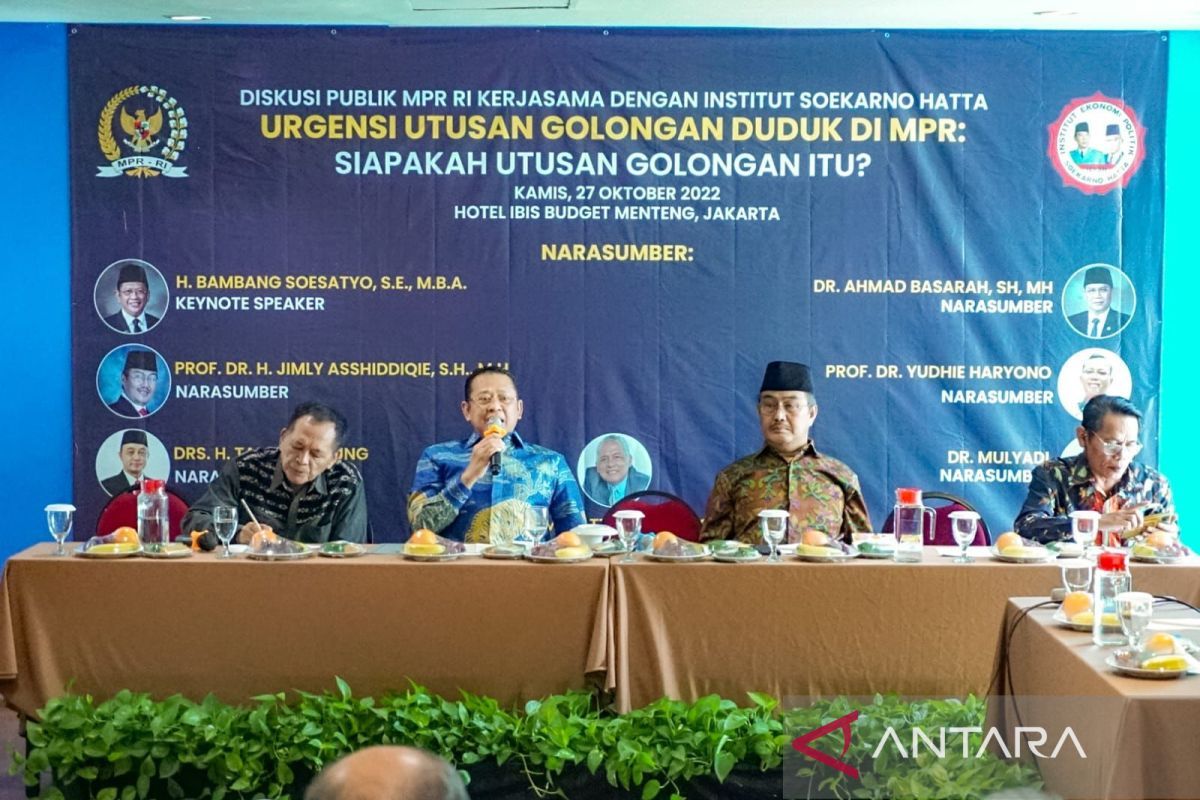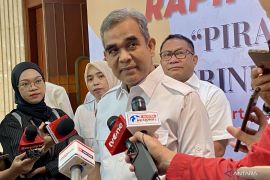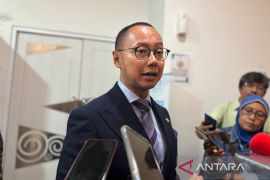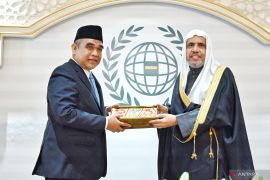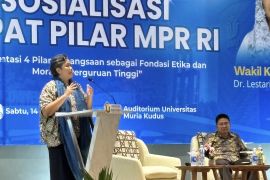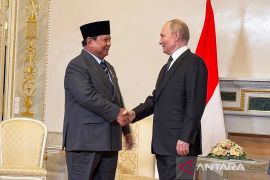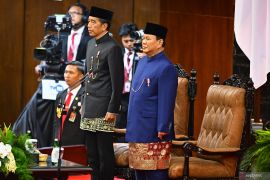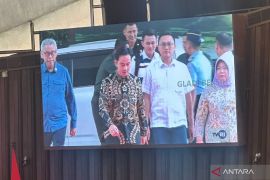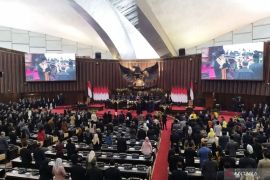"In the context of Indonesia, our democracy depends on the fourth tenet of Pancasila, which mandates the people's sovereignty through the institutionalization of consultative and representative mechanisms," Soesatyo observed here on Thursday.
During a discussion organized by Soekarno-Hatta Political and Economic Institute here, he pointed out that the 1945 Constitution originally determined that MPR members consist of DPR members and regional and group delegations.
Amendments to the Constitution after the end of the New Order era abolished group delegations and elevated the regional delegation faction to form the DPD, he noted.
The decision to remove group delegations from MPR was made to achieve a fully-elected parliament, simplify the representative system, and remove possibilities of abuse from the President who appointed the members of the delegations, he explained.
"The changes caused the dissolution of group delegations, and it is not surprising that some have opined that participatory democracy encompassing all interest groups has not been achieved yet," Soesatyo said.
Related news: MPR highlights youngsters' key role in driving digital literacy
The parliament must become the house of the nation and the embodiment of the people, which accommodates various ideas on democracy and national development, he added.
"Realizing the people's sovereignty in the representative assembly is ideally manifested through several representation avenues, namely political representation through the House of Representatives (DPR), regional representation through the Regional Representatives Council (DPD), and groups or functional representations through group delegations," Soesatyo expounded.
In principle, group delegations at MPR could accommodate the interests of plural and heterogenous Indonesians in various aspects, he noted.
"In the current context, the presence of group delegations could be seen as an effort to present a thorough political role for all and balance political representation at DPR and regional representation at DPD," he said.
Despite being in favor of restoring group delegations in the parliament, the speaker noted that efforts must be made to correct and reverse all factors that led to the abolition of group delegations from the parliament in the first place.
Related news: Consultative assembly forum boosts equality for women, youth: MPR RI
Related news: MPR Speakers reminisce about Asian-African Conference in Bandung
Translator: Imam Budilaksono, Nabil Ihsan
Editor: Suharto
Copyright © ANTARA 2022
